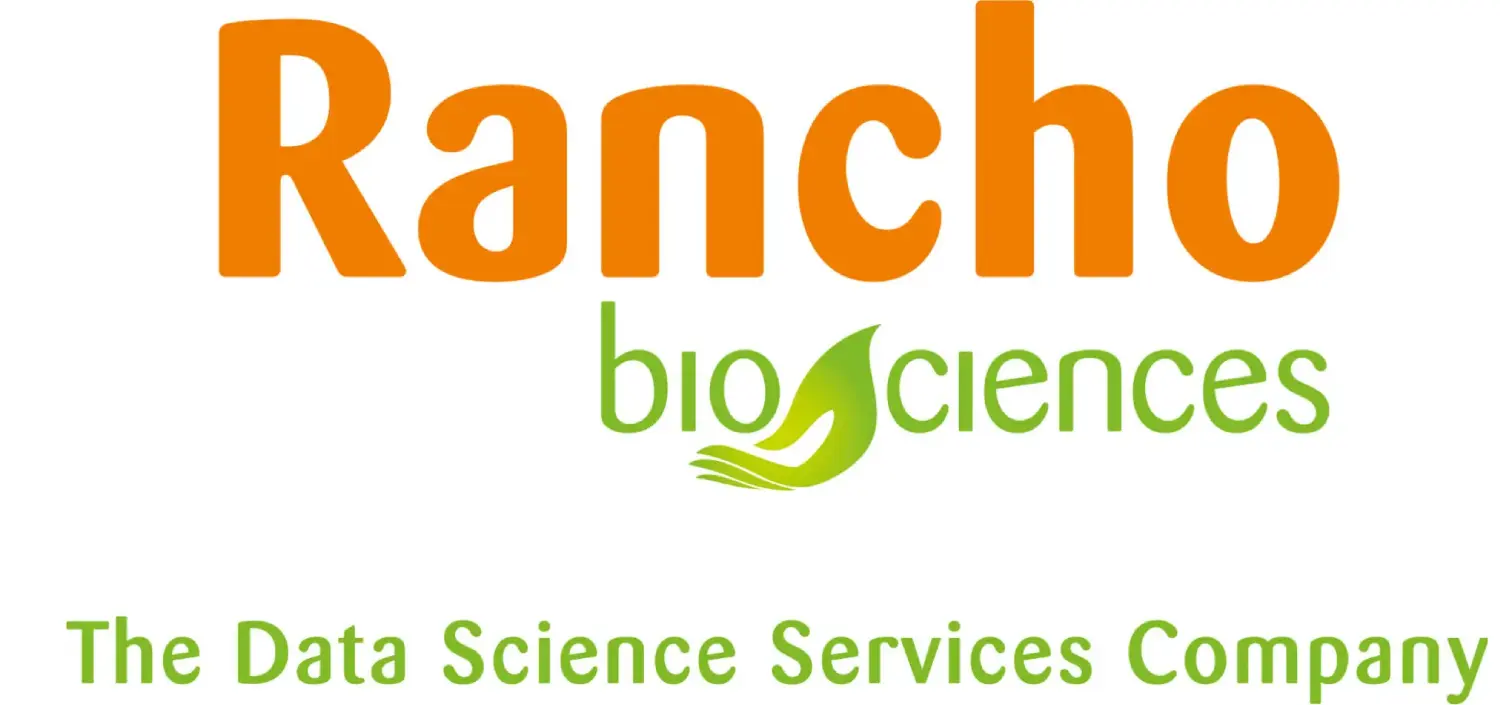Master Data Engineering: Optimizing Life Sciences Data for Precision Insights
Contents
- 1 Data Acquisition & Integration
- 2 Data Governance & Quality Management
- 3 Scalability & Performance Optimization
- 4 Workflow Automation & Pipeline Orchestration
- 5 Data Security & Privacy
- 6 Knowledge Mining & Target Profiling
- 7 Sustainable Data Management & Cost Efficiency
- 8 The Future of Data Engineering in Life Sciences
Data engineering plays a foundational role in the life sciences industry, supporting pharmaceutical companies, biotech firms, hospitals, and research foundations in managing vast and complex datasets. As the volume and variety of data continue to grow exponentially, understanding and implementing the principles of data engineering has become crucial for success in these fields. By ensuring the integrity, scalability, and accessibility of data, data engineering services enable organizations to derive meaningful insights, enhance data governance, and optimize workflows. This article explores the core principles of data engineering with a focus on its applications in bioinformatics, drug discovery, and healthcare research.
Data Acquisition & Integration
In pharmaceutical and biotech industries, data is sourced from diverse origins, including clinical trials, genomic sequencing, and electronic health records. The challenge lies in integrating disparate datasets into a cohesive framework.
Key considerations:
- ETL (Extract, Transform, Load) pipelines – Effective ETL pipelines ensure raw data is extracted from various sources, transformed into a standardized format, and loaded into a central repository.
- APIs and data streaming – Organizations leverage APIs and real-time data streaming solutions to ingest dynamic data from wearables, laboratory systems, and public health databases.
- Interoperability standards – Adhering to standards such as HL7 (Health Level Seven) and FHIR (Fast Healthcare Interoperability Resources) facilitates seamless data exchange in healthcare systems.
Data Governance & Quality Management
Robust data governance frameworks are essential to maintaining high-quality, reliable datasets in life sciences research. Without proper oversight, inconsistencies, redundancies, and errors can compromise downstream research outcomes.
Key considerations:
- Data provenance – Establishing lineage tracking ensures data is sourced, processed, and analyzed with transparency.
- Regulatory compliance – Compliance with GDPR, HIPAA, and FDA 21 CFR Part 11 ensures data security and patient confidentiality in pharmaceutical and clinical research.
- Data validation techniques – Implementing automated data quality checks, including outlier detection and schema validation, minimizes errors and enhances reproducibility.
Scalability & Performance Optimization
With the exponential growth of biomedical and pharmaceutical data, scalability becomes a critical factor. Large-scale genomic datasets and high-throughput screening results require efficient processing and storage solutions.
Key considerations:
- Cloud computing – Cloud-based platforms like AWS, Google Cloud, and Azure enable scalable data storage and computing power for bioinformatics pipelines.
- Distributed processing – Frameworks such as Apache Spark and Hadoop facilitate parallel computing, accelerating data processing for genome sequencing and proteomics analysis.
- Database optimization – Choosing the right database architecture—whether SQL, NoSQL, or graph databases—improves query performance and data retrieval times.
Workflow Automation & Pipeline Orchestration
Automated workflows streamline the processing of complex datasets, ensuring reproducibility and efficiency in bioinformatics and pharmaceutical research.
Key considerations:
- Pipeline orchestration tools – Platforms like Apache Airflow and Nextflow automate multistep data workflows, from raw data ingestion to machine learning model training.
- Reproducibility – Version-controlled environments using tools like Docker and Kubernetes ensure consistency across research teams and institutions.
- CI/CD for data pipelines – Continuous integration and deployment (CI/CD) practices minimize errors in bioinformatics pipelines, enabling real-time data updates.
Data Security & Privacy
Given the sensitive nature of patient records, clinical trial data, and proprietary research, implementing stringent data security measures is nonnegotiable.
Key considerations:
- Encryption standards – Encrypting data at rest and in transit using AES-256 and TLS protocols protects against unauthorized access.
- Access controls – Role-based access control (RBAC) ensures only authorized personnel can access specific datasets.
- Anonymization techniques – De-identification of patient data using k-anonymity and differential privacy techniques balances data utility with privacy compliance.
Knowledge Mining & Target Profiling
Data engineering principles support advanced analytics techniques such as knowledge mining and target profiling, which are crucial in drug discovery and precision medicine.
Key considerations:
- AI-driven data curation – Machine learning algorithms extract meaningful insights from unstructured data sources, such as scientific literature and clinical notes.
- Entity resolution – Resolving ambiguous identifiers across datasets enhances data consistency in pharmacovigilance and biomarker research.
- Graph analytics – Graph databases facilitate the identification of complex biological relationships in omics data and drug-target interactions.
Sustainable Data Management & Cost Efficiency
Managing massive datasets in life sciences requires cost-effective solutions without compromising performance or security.
Key considerations:
- Cold vs. hot storage – Tiered storage solutions differentiate frequently accessed data from archival datasets, reducing storage costs.
- Data lifecycle management – Establishing retention policies ensures obsolete data is archived or deleted according to compliance guidelines.
- Serverless architectures – Serverless computing optimizes resource allocation, reducing operational expenses while maintaining efficiency.
The Future of Data Engineering in Life Sciences
As the demand for data-driven insights grows in pharmaceuticals, biotech, and healthcare, the principles of data engineering will continue to evolve. Organizations that adopt scalable, secure, and automated data solutions will be well positioned to drive innovation in drug development, precision medicine, and clinical research.
Rancho Biosciences specializes in data curation, governance, bioinformatics services, and advanced analytics for pharmaceutical and biotech companies, research foundations, and healthcare institutions. Our expertise in building scalable data solutions empowers organizations to unlock the full potential of their data. Contact us today to learn how we can support your data engineering needs.
